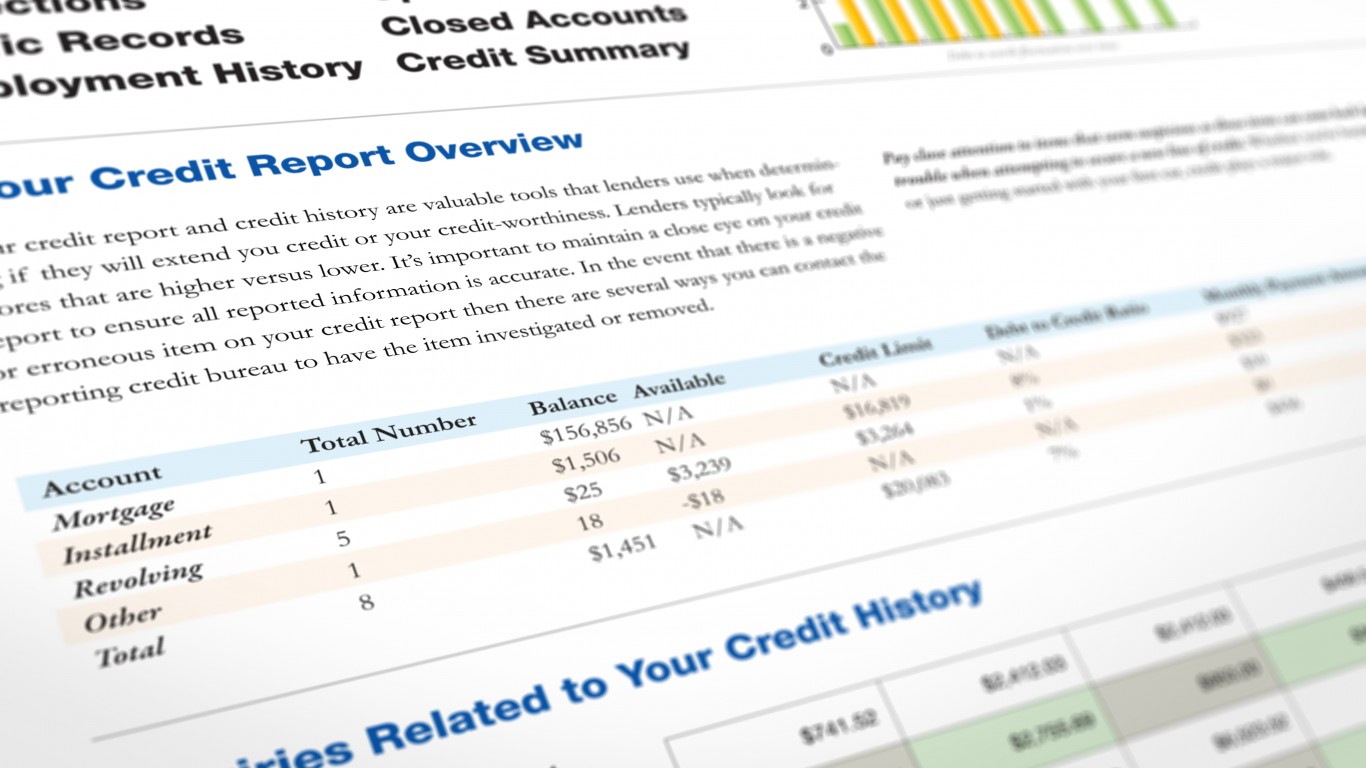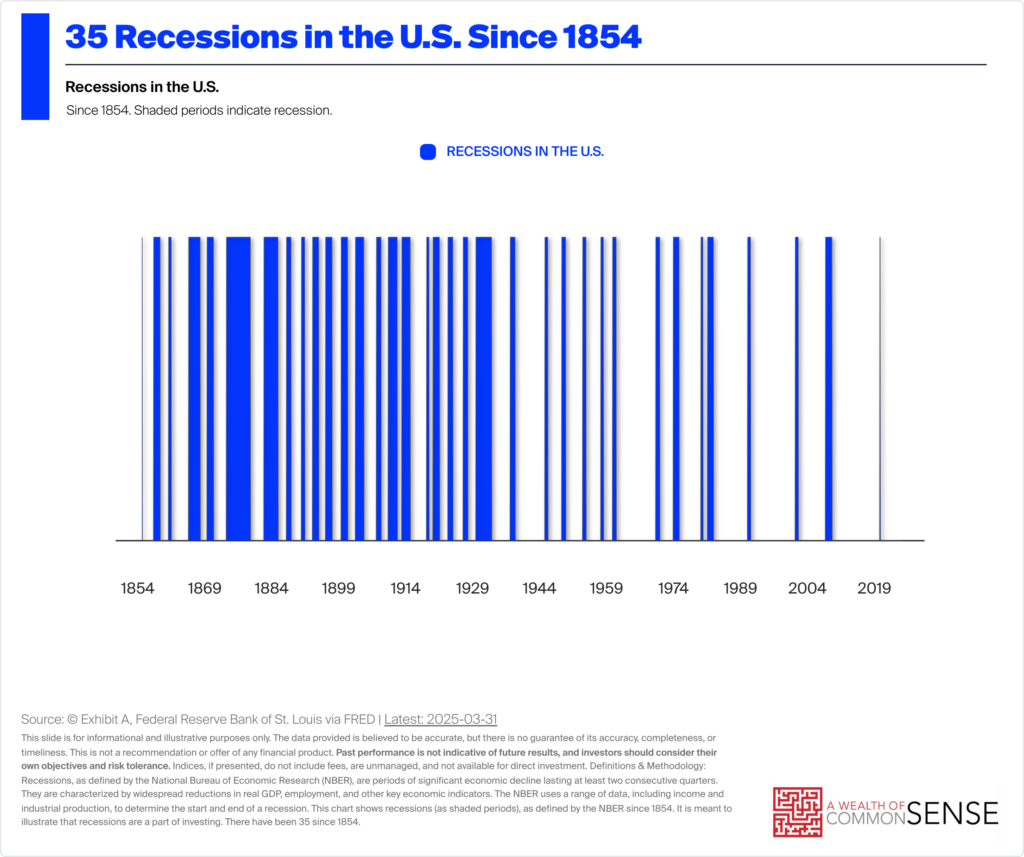Here’s the Problem With Getting Most of Your Retirement Income From Social Security
There are millions of older Americans today who get the bulk of their retirement income from Social Security. So if you end up in that boat, you won’t be alone. But you should know that getting most of your retirement income from Social Security isn’t ideal. And there’s a reason for that. You’ll get […] The post Here’s the Problem With Getting Most of Your Retirement Income From Social Security appeared first on 24/7 Wall St..

Key Points
-
Social Security will only replace a limited portion of your pre-retirement paycheck.
-
Living mostly on Social Security could mean having to cut corners.
-
Aim to save some money for retirement, even if it’s a modest amount.
-
Are you ahead, or behind on retirement? SmartAsset’s free tool can match you with a financial advisor in minutes to help you answer that today. Each advisor has been carefully vetted, and must act in your best interests. Don’t waste another minute; get started by clicking here.(Sponsor)
There are millions of older Americans today who get the bulk of their retirement income from Social Security. So if you end up in that boat, you won’t be alone.
But you should know that getting most of your retirement income from Social Security isn’t ideal. And there’s a reason for that.
You’ll get limited replacement income
As a general rule of thumb, retirees are told to anticipate needing 70% to 80% of their former income to cover their costs. The reason you may not need 100% of your former income is that you may have lower expenses due to your mortgage being paid off and your daily commute disappearing, among other things.
Plus, during your working years, you’re ideally supposed to be socking away some of your income for retirement. But if you’re already retired, you’re not expected to also save for retirement. That’s why many seniors find that if they can replace roughly 3/4 of their former income, they’re in pretty good shape.
But if you retire mostly on Social Security, you won’t get anywhere close to 70% to 80% of your former paycheck. Social Security will replace about 40% of your former income if you were an average earner. Even if you have a small amount of income coming from another source, you may be facing a large gap between the money you have and the money you need to live comfortably.
Try to save something for retirement
The aforementioned guidance, as mentioned, is a rule of thumb. And you may be able to get away with replacing less than 70% of your pre-retirement income, depending on your personal needs.
But even if you’re willing to live frugally, you may find it a challenge to get by on just 40% of what you used to earn. So rather than rely on Social Security to provide the bulk of your senior income, make an effort to save a bit during your working years.
You don’t necessarily have to save a lot — just a bit — if you give yourself a long savings window. That’s because you can invest your money and grow a series of smaller contributions into a larger sum through the years.
Let’s say you start saving for retirement at age 30 and you end your career at 65. That gives you a 35-year window for your money to grow. Even if you only manage to sock away $200 a month during that time, if your portfolio gives you an 8% yearly return, which is actually below the stock market’s average, you’ll end up with a little over $400,000 in retirement savings.
Keep in mind, though, that if you start saving and investing that $200 a month much later in life, you’re going to end up with a lot less. So the sooner you start funding your nest egg, the less pressure you’ll have to part with a huge portion of your paycheck each month.
It’s okay to depend on Social Security to provide a good chunk of your retirement income. What you don’t want to do, though, is retire solely or even mostly on Social Security. Aim for some supplemental income from savings so you have more leeway to not only cover your basic bills, but enjoy your life once you’re no longer chained to a desk.
The post Here’s the Problem With Getting Most of Your Retirement Income From Social Security appeared first on 24/7 Wall St..

























































































































































